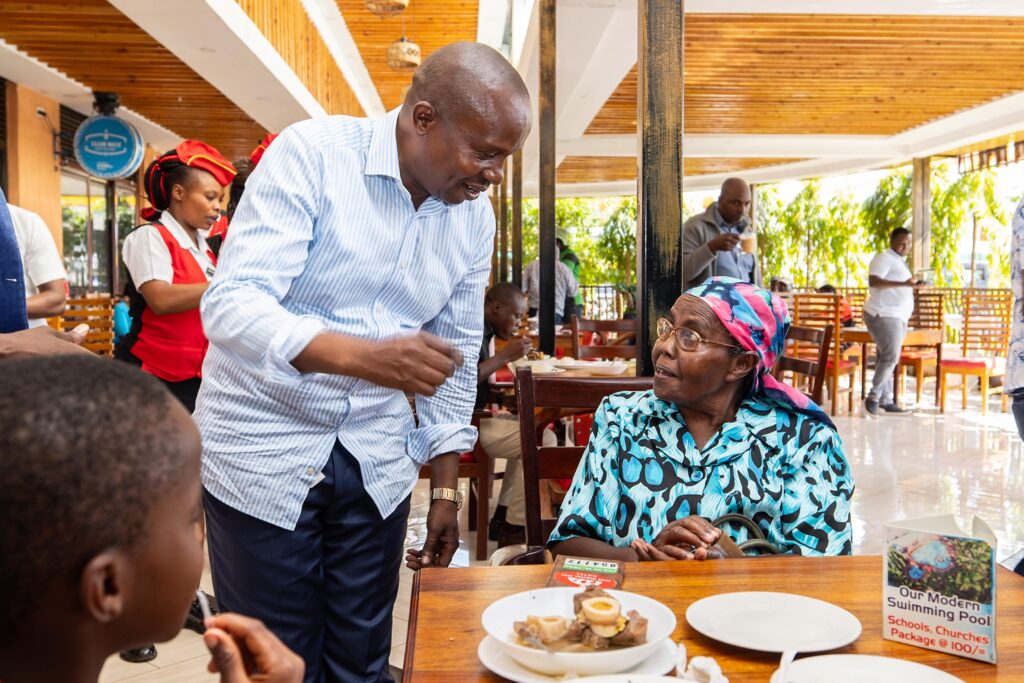Deputy President Kithure Kindiki has given a strong assurance to rice farmers in Mwea that the government will prioritize purchasing locally grown rice before turning to imports. Speaking during his visit to the Mwea Rice Millers in Kirinyaga County on Wednesday afternoon, Kindiki emphasized the government’s commitment to supporting local farmers and safeguarding their livelihoods.
“Among the issues you have raised is the need for us to buy your rice; last week the people from the Kenya National Trading Corporation came here and have started the program to buy the rice so that the farmers do not experience losses,” Kindiki said. This move aims to protect farmers from the perennial challenges of unstable prices and limited market access that have long affected the sector.
In addition, Kindiki revealed that government institutions such as the military and the National Youth Service will be required to source rice locally under a new policy designed to boost demand for homegrown produce. This strategy is part of broader efforts by the Kenya Kwanza Administration to strengthen key agricultural sectors, including coffee, tea, milk, and rice — vital crops that sustain thousands of families and contribute significantly to the national economy.
Rice is Kenya’s third most important staple after maize and wheat, grown under both irrigated and rain-fed conditions. However, more than 80% of national rice production is from irrigation schemes, with the Mwea Irrigation Scheme being the largest in the country. Despite increasing rice consumption in Kenya at about 12% annually, local production only meets roughly 20% of national demand, leaving a large gap filled mostly by imports from Asia.
The National Irrigation Authority continues to support farmers through improved seeds like Basmati 370 and BW196, input provision, and irrigation infrastructure expansion. Still, productivity remains hampered by high input costs, limited mechanization, post-harvest losses, and fluctuating markets.
Farmers in Mwea welcomed Kindiki’s assurances with cautious optimism, hoping that these promises will translate into steady markets and fair returns for their hard work. The government’s renewed focus on buying local rice offers a promising step towards stabilizing the sector and enhancing food security.

